The Maine Coon, often referred to as the "gentle giant" of the feline world, is a breed that demands special attention when it comes to nutrition. With their large size, energetic disposition, and unique dietary needs, crafting the perfect diet for these majestic cats requires a deep understanding of their physiology and lifestyle. Unlike smaller breeds, Maine Coons thrive on a carefully balanced diet that supports their muscular build, sustains their energy levels, and promotes long-term health.
One of the most critical aspects of feeding a Maine Coon is ensuring they receive high-quality protein. As natural hunters, cats are obligate carnivores, meaning their bodies are designed to derive essential nutrients from animal-based sources. For Maine Coons, this is even more crucial due to their size and active nature. Look for cat foods that list real meat—such as chicken, turkey, or fish—as the primary ingredient. Avoid fillers like corn, wheat, or soy, which offer little nutritional value and can lead to unnecessary weight gain.
Hydration plays a pivotal role in a Maine Coon's diet. These cats are prone to urinary tract issues, making it essential to encourage adequate water intake. While dry kibble is convenient, incorporating wet food into their meals can significantly boost their moisture consumption. Some owners even opt for a raw or partially raw diet, which mimics the natural water content found in prey. Always ensure fresh water is readily available, and consider using a cat fountain to entice them to drink more frequently.
Fatty acids, particularly omega-3 and omega-6, are another cornerstone of a Maine Coon's diet. These nutrients support their luxurious coat, reduce inflammation, and promote joint health—a vital consideration for a breed susceptible to hip dysplasia. Ingredients like salmon, flaxseed, and fish oil are excellent sources of these essential fats. Regularly including these in their meals can help maintain their signature fluffy appearance while supporting overall wellness.
Portion control is equally important, as Maine Coons have a tendency to overeat if given the chance. Despite their large frames, obesity can lead to severe health complications, including diabetes and joint stress. Establishing a consistent feeding schedule with measured portions helps prevent weight-related issues. Consulting with a veterinarian to determine the ideal caloric intake based on age, weight, and activity level is highly recommended.
Supplements can also play a beneficial role in a Maine Coon's diet, particularly for those with specific health concerns. Glucosamine and chondroitin are popular choices for supporting joint health, while probiotics can aid digestion. However, supplements should never replace a balanced diet and should only be introduced under veterinary guidance to avoid over-supplementation.
Understanding the dietary needs of a Maine Coon is an ongoing process that evolves as they age. Kittens require higher protein and fat content to fuel their rapid growth, while seniors may need fewer calories and more fiber to accommodate a slower metabolism. Regularly reassessing their diet and adjusting portions or ingredients ensures they remain healthy and vibrant throughout every life stage.
Ultimately, the key to a thriving Maine Coon lies in a well-rounded, species-appropriate diet tailored to their unique needs. By prioritizing high-quality proteins, proper hydration, essential fatty acids, and mindful portioning, owners can help their gentle giants lead long, active, and healthy lives. Paying close attention to their dietary habits and making adjustments as needed will ensure these magnificent cats continue to enchant their families for years to come.
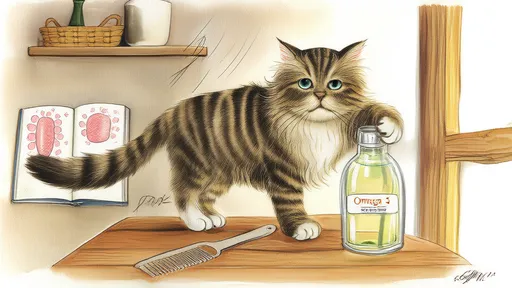
By /Jun 28, 2025

By /Jun 28, 2025
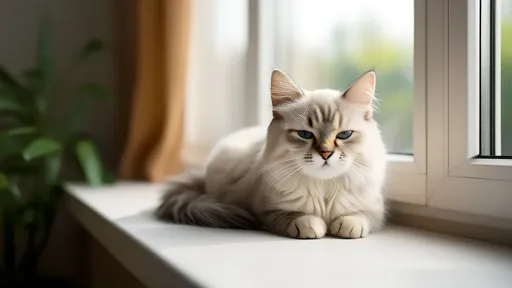
By /Jun 28, 2025

By /Jun 28, 2025

By /Jun 28, 2025

By /Jun 28, 2025

By /Jun 28, 2025
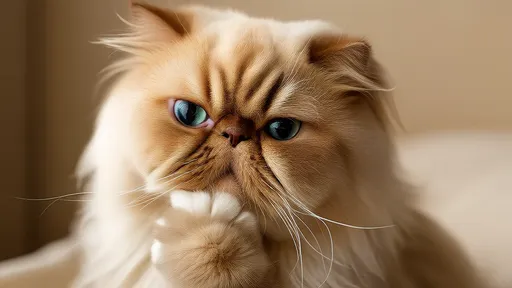
By /Jun 28, 2025
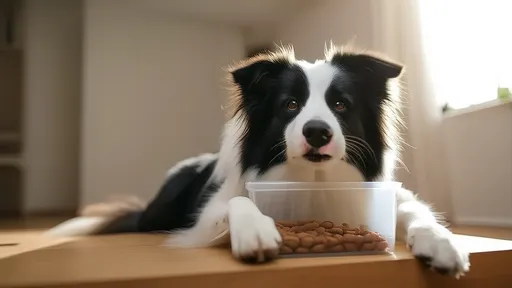
By /Jun 28, 2025

By /Jun 28, 2025
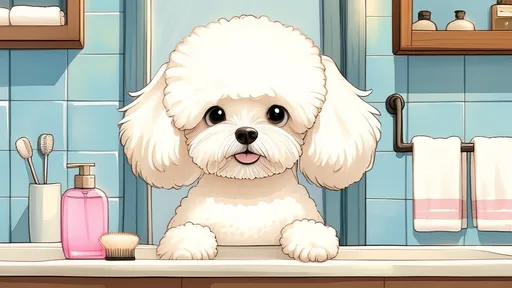
By /Jun 28, 2025
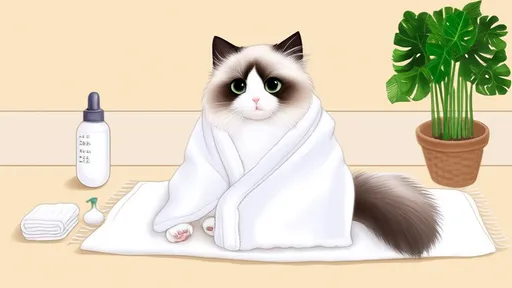
By /Jun 28, 2025
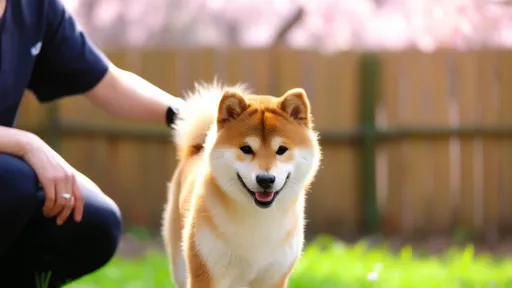
By /Jun 28, 2025
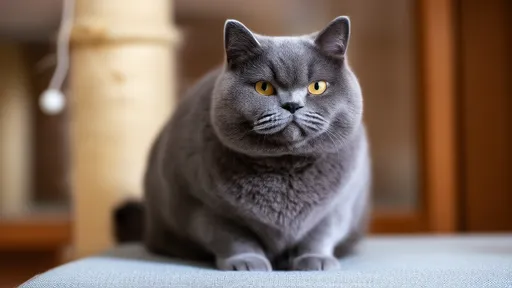
By /Jun 28, 2025

By /Jun 28, 2025
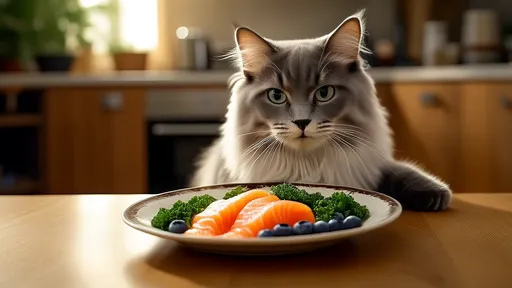
By /Jun 28, 2025
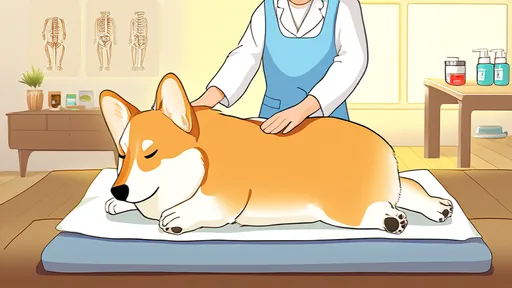
By /Jun 28, 2025
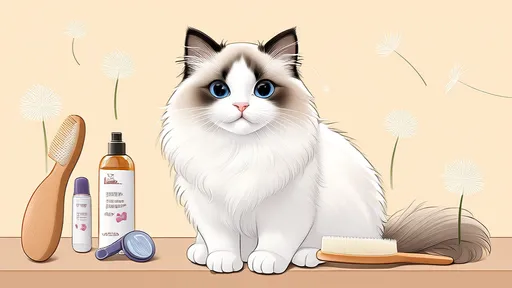
By /Jun 28, 2025